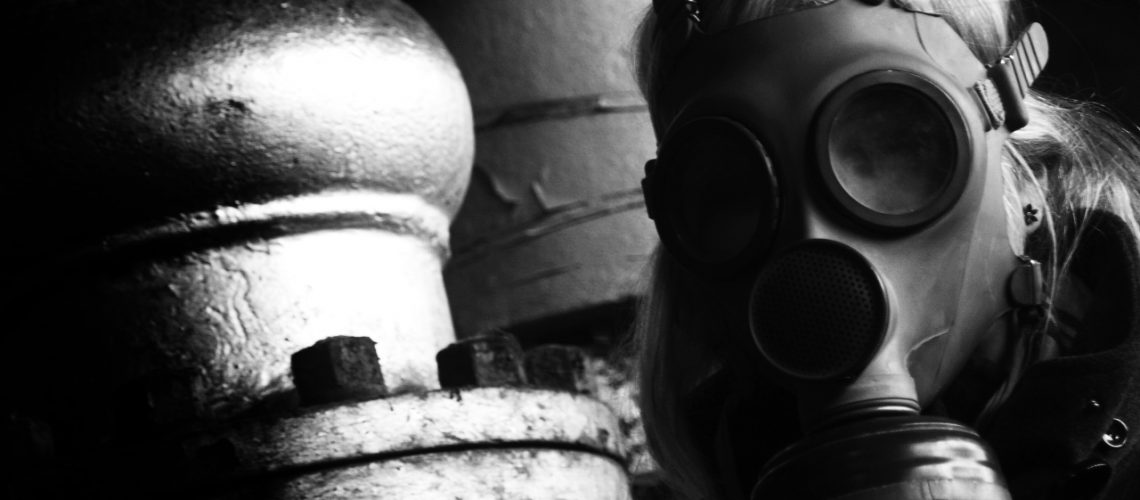Psalm 2
1 Why do the nations rage
and the peoples plot in vain?2 The kings of the earth set themselves,
and the rulers take counsel together,
against the Lord and against his Anointed, saying,3 “Let us burst their bonds apart
and cast away their cords from us.”4 He who sits in the heavens laughs;
the Lord holds them in derision.5 Then he will speak to them in his wrath,
and terrify them in his fury, saying,6 “As for me, I have set my King
on Zion, my holy hill.”7 I will tell of the decree:
The Lord said to me, “You are my Son;
today I have begotten you.8 Ask of me, and I will make the nations your heritage,
and the ends of the earth your possession.9 You shall break them with a rod of iron
and dash them in pieces like a potter’s vessel.”10 Now therefore, O kings, be wise;
be warned, O rulers of the earth.11 Serve the Lord with fear,
and rejoice with trembling.12 Kiss the Son,
lest he be angry, and you perish in the way,
for his wrath is quickly kindled.Blessed are all who take refuge in him.
This is part of a synchroblog on the civil war in Syria set up by Steve Hayes, who wanted to solicit Christian responses to the Syrian civil war. I’ve opened up with Psalm 2 to highlight the fact that throughout all of history, and throughout history to come, the nations will continue to rage and their raging, even when they’re fighting themselves, is ultimately a rage against God and his ways. Ultimately, this show will go on until Jesus returns.
Nations live in peace and live in war, to various degrees. As leaders come and go, policies and models change, every nation will have times in its history where it will rage against God. And sometimes, in that rage, they’ll go to war – with themselves and with others.
Does that all sound harsh? Well, we’re not exactly dealing with an easy subject. But wars are ultimately the result of our deep, human problems, and there’s no denying that.
When we try and ascertain who is right and who is wrong, it’s often difficult to really even know, because the whole thing is just one big mess and no one is really in the right, or the wrong. Sure, it’s been wrong for the Syrian government to act as it has for so many years. But both the innocent and the guilty suffer because of the same underlying problem: rebellion against God.
And so the first part of how a Christian should respond is this: love the innocent and the guilty, because quite honestly, we’re all guilty in some way in the end.
Christian views of the Syrian war and the U.S. involvement
Last week, when all the ho-hum in America was about Obama and his decision to bomb Syria as a warning about chemical warfare (a card I think he played to force Russia’s hand), Christianity Today published an article entitled Three Christian Perspectives on [the] Syrian War. I checked it out but was left scratching my head. I thought: Is this the best the Evangelical Christian world can come up with?
It’s a quick read so head over to the link. But if you don’t have the time, here’s the crux: none of the three views had anything to say at all about the idea of separating Church and State. There’s this underlying belief that the government is supposed to respond in a Christian way. But how on earth can any government respond in a Christian way? Was Jesus’ message of love to your neighbour and abandoned worship to God a message to governments? A blueprint for what rules of law and legislation a government should institute? No, the message was to individuals who make up a group called the Church. This group is God’s called nation within the nations; God’s called-out people within the peoples. We are citizens of another Kingdom regardless of where we are born because, if you recall, we are born again.
We belong to another King and we follow and obey Him relentlessly. In our obedience to Him, we do submit to our authorities (1 Peter 2) and we give to the emperor what is the emperor’s (Luke 20), but we do such things in freedom because we are actually citizens of another Kingdom.
There has never been any other Christian nation besides the Church and there never will be another Christian nation. America is not, and has never, been a Christian nation. No government on this world has ever been a Christian government. South Africa certainly has never been one, which is partly why I get nervous around what some Christian organisations are trying to do about the recent spanking débâcle. Jesus’ intention for the Church is that it would never be a government but be under the government of Jesus, living out his law of love to the world, regardless of who we are and where we’re from.
Christians are called to be pacifists in their personal lives (remember where Jesus said we should turn the other cheek to our enemies?) but no government is ever called to turn the other cheek. Neither is a government ever to rule over its people – a government is meant to protect its people. That’s how we all know it should be, but we all know that all governments are corrupt. In the end, governments are ruled by people, and it’s those people God is interested in and it’s those people who will give an account to God, not to us. God is not interested in democracy, socialism or our just war theories, or any philosophy. He is interested in people. So we should be too.
Christians are to live where they live and be working within the nations, almost like a neutral force, to bring healing to people, and reconciliation between God and people, which will ultimately bear the fruit of reconciliation between people. The Church is not called to be a political peace-keeping movement of any sort.
This is why Christians need to stop trying to “Christianize” cultures through legislation. When we do that, we just become another one of the many forces looking to acquire power and use it for our own means. Even the church largely failed when it was given political power at one stage in Western history. (It is good to note, however, that medieval history is hardly as bad as many of the movies make it out to be. It’s called dramatic effect, folks!)
When we work for justice, which is necessary, we must remember that every system is, in the end, never going to be perfect. It’ll only be perfect when Jesus wraps up all of history in the end and those who trust in Him are made new, while the wicked and sin are dealt with appropriately. Justice can never work as a system, justice only works when someone perfectly just rules. This is the great hope for our faith and ultimately what we’re pointing people to. We are to be involved, but must remember, always, where our first commitments lie. Otherwise we just become part of the problem.
Others writing on this topic
This post is part of a synchroblog (syncronised blog) in which various people write about the same general theme from different points of view, and thus help one to see the bigger picture. Follow the links below to see the other posts. More links may be added later, as more people add their contributions. If you are participating in the synchroblog, please copy the links below and paste them to the end of our own post.
- Fr John D’Alton (Antiochian Orthodox) of Fr John D’Alton on THE SYRIAN CIVIL WAR AND RESPONSES TO IT
- Richard Fairhead (missional, evangelical, post/protestant, liberal/conservative, mystical/poetic, biblical, charismatic/contemplative, fundamentalist/Calvinist, Anabaptist/Anglican, Methodist, catholic, green, incarnational, depressed- yet hopeful, emergent, unfinished Christian) of Relational Journey on Who would Jesus bomb?
- Steve Hayes (Orthodox Christian) of Khanya on Syrian civil war: no good outcome?

